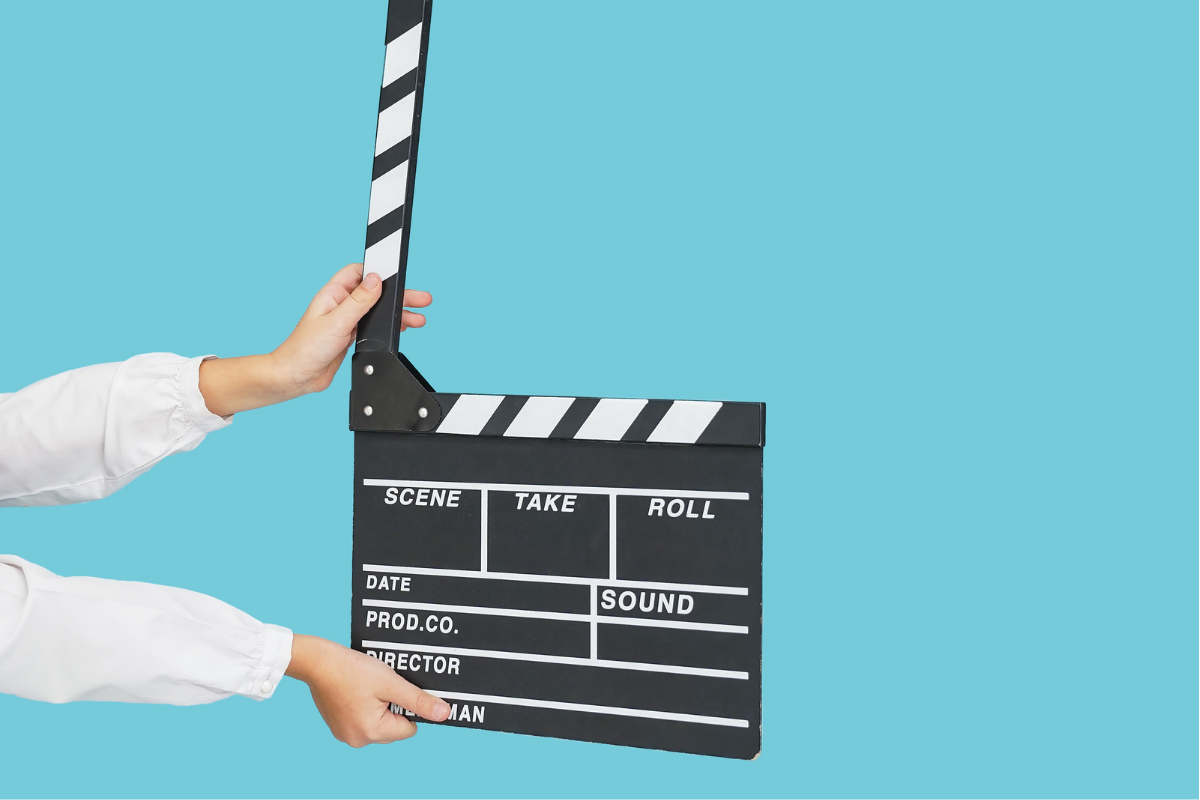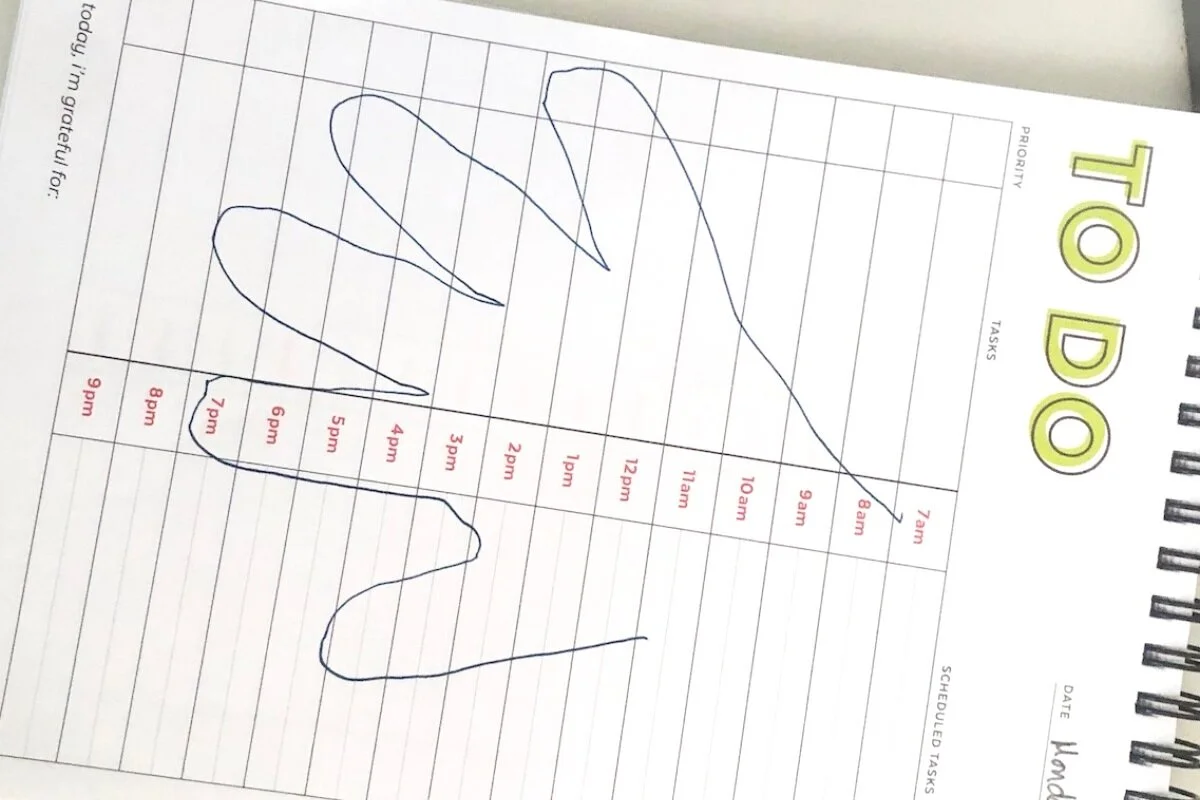What If Sesame Street Disappeared?
I was thinking about PBS this morning.
I came into the kitchen to make breakfast and saw the television was already on in the living room, the younger of my boys already moved from bed to couch in that pre-morning sleepiness that craves cartoons and cereal. Wrapped in his favorite Minecraft blanket, he was happily munching on dry cereal, watching as the Kratt brothers wrangled their audience with an undersea adventure, slimy, weird, or glowing creatures filling the screen. I sit with him for a minute and we talk about the weirdness of the ocean, the scariness of the dark depths, the braveness of the Kratt brothers. He had learned a few things he wanted to tell his preschool class, and he was confident and excited about his newfound knowledge.
My older son comes in a few minutes later, wordlessly takes the remote, and changes away from the PBS kids channel to an influencer streaming channel, some bushy-haired twenty-something with a headset yelling into the camera on one side of the screen while the other side showed his moves live in a popular video game. At least three times within a few minutes, he urged the audience, or ‘bruh,’ as he described them, to “subscribe and follow” or “like and share.” I looked at it for a minute, trying to find even a moment of value, but couldn’t. If we turned this off right now, what could we say we have learned? What conversation would this have started? Where is LaVar Burton when we needed him? I turned the television off.
Do you remember early mornings before school? Maybe your parents also needed a few minutes to pack lunches, make breakfast, sign school forms…maybe you were allowed to watch a morning show while you ate your breakfast, or while you waited to leave for school. It was different then; there were really only a few choices. And if it wasn’t Sesame Street, it was Mister Rogers’ Neighborhood. Or if your day started later, or you weren’t in preschool, you also watched Reading Rainbow. Or maybe you got home from school and watched Bill Nye the Science Guy or The Magic School Bus. We were all watching the same things during that time, receiving the same education, learning the same valuable life lessons, seeing the same examples of kindness and grace from respectable figures. Kids were being told they were good enough and were being empowered with confidence, being told things like “Children are never too young to dream big,” (LaVar Burton) and "There’s no person in the whole world like you, and I like you just the way you are." (Mister Rogers)
We’ve lost something in what we’re offering our kids. We’re giving them distraction instead of education, noise instead of nurturing, and stimulation instead of meaning. In trying to capture their attention, we’ve forgotten to feed their imagination—and in doing so, we risk raising children who are constantly entertained but rarely inspired.
That’s why PBS has always mattered…and still does. In a world of flashing lights and fast content, PBS has stood as a calm, steady hand. It has offered children something rare: programming that honors their intelligence, encourages curiosity, and spoke to their emotional lives with gentleness and grace. Shows like Mister Rogers’ Neighborhood, Reading Rainbow, Sesame Street, and Arthur don’t just keep kids busy; they shape their minds, expand their vocabulary, and help them understand kindness, empathy, and the world around them.
While the media landscape has shifted, PBS remains one of the few places where content is created not to sell, but to serve. It gives every child (regardless of zip code) access to learning, literacy, and a sense of belonging. In many ways, PBS hasn't just entertained children. It's saved them; from isolation, from inequity, and from a culture that too often underestimates what they’re capable of understanding. For some, it’s provided an opportunity to learn alongside their children and inspire bigger conversations. For many, though, PBS has provided the only opportunity for education and entertainment, available for free all over the country. Regardless of your zip code, tax bracket, or political persuasion, we all grew up on Sesame Street.
What if that went away?
You may have heard that PBS is at risk of being federally defunded. There are a hundred reasons you might be upset about this—shuttering of local PBS stations, loss of thousands of jobs, lack of ability to reach many in the rural public with critical emergency information, the continued disrespect of long-respected and needed institutions—but I’ll just focus on the one that I hope we can all get behind.
What if Sesame Street disappeared?
It’s not just a nostalgic thought—it’s a serious question with real consequences. More than half of preschool-aged children in the United States aren’t enrolled in formal Pre-K programs. Many of them live in rural areas where access to quality early childhood education is limited or nonexistent. That’s where PBS steps in.
Public broadcasting remains one of the most powerful and accessible educational tools we have. Last year alone, 72% of all kids in America watched PBS. And it’s not just about numbers. It’s about impact. Children from low-income families, homes that rely on free, over-the-air broadcasts, and remote rural communities are the ones benefiting the most. In fact, time spent viewing PBS has increased by 62% among low-income households, 41% in broadcast-only homes, and an astonishing 91% in rural areas. More families are relying on it than ever before.
Consider this: nearly 60% of PBS’s audience lives in rural communities. That means PBS isn’t just another channel. It’s a lifeline, a classroom, and sometimes the only teacher a child may have. To lose the access to childrens’ programming wouldn’t just be a shame—it would be a loss felt hardest by those who rely on it most. And a loss felt by everyone who needs a safe place in television for their kids to learn, be inspired, and see themselves reflected in stories that celebrate kindness, curiosity, and community.
PBS doesn’t just entertain; it educates, uplifts, and levels the playing field for millions of families. When we invest in public media, we’re investing in the next generation of thinkers, dreamers, and doers. We’re saying every child deserves a chance to grow up informed, imaginative, and empowered. We often talk about the village it takes to raise a child. For many of us, PBS was part of that village; quietly showing up, day after day, to teach our kids how to count, how to spell, how to wonder, and most importantly, how to care.
We owe it to our kids—and to the kids we once were—to fight for that kind of media. For the calm in the noise. For the stories that teach instead of sell. For the neighborhood that still believes in neighbors. Were you a PBS kid? Speak up. Mister Rogers said it best: “Look for the helpers. You’ll always find people who are helping.”
Send help with your words to our state representatives:
https://protectmypublicmedia.org/rsc-emails/
Or send help with your resources to continue funding programs like the ones you grew up loving: https://donate.wcte.org/wcte/donate





